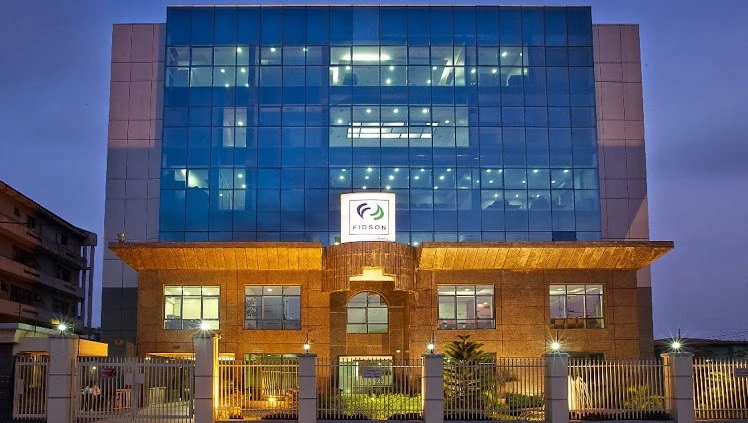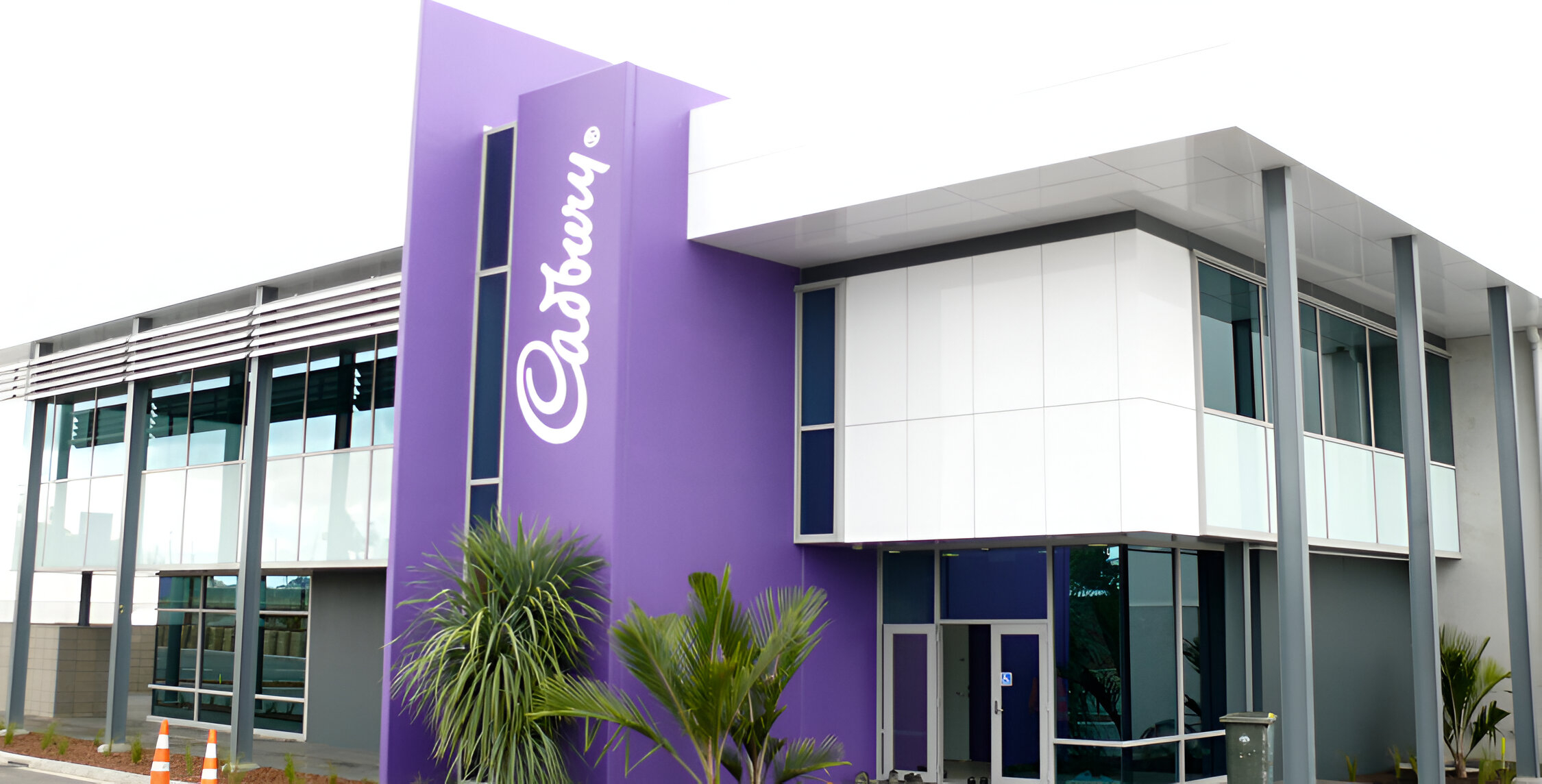The Nigerian power sector has long been a source of concern for many citizens. Despite various attempts at reform, finding a lasting solution to the challenges plaguing this crucial sector has remained elusive.
While many believe that the transformation of the sector is a task best suited for men, President Bola Ahmed Tinubu’s administration has taken a bold step by appointing a woman of exceptional intellect, experience and dedication to be part of the sector’s revival. That woman is Jennifer Adighije.
Indeed, Eng. Jennifer Adighije has proven that women can excel in fields dominated by men, such as engineering. As a determined woman, she has been able to transform the NDPHC within a short period.
Eng. Adighije, who was appointed the Managing Director and Chief Executive Officer (MD/CEO) of the Niger Delta Power Holding Company (NDPHC) Ltd. in August 2024, has broken barriers and continues to shine like a well-cut diamond.
In accordance with the theme for International Women’s Day 2025; “Accelerate Action,” suffice to say that her efforts call for action to unlock equal rights, power, and opportunities for all, especially empowering the next generation of women would lead to accelerated action.
This year’s theme emphasises the need to ensure equal rights, power, and opportunities for all women and girls, with focus on empowering the next generation of young women and girls as catalysts for change.
That is among the actions that Adighije had been taking since she took over at NDPHC last year.
Before her appointment, she had already demonstrated remarkable brilliance and competence in various roles, having previously served as the Senior Special Assistant (SSA) to the President on Entrepreneurship Development in Communications, Innovation, and Digital Economy.
Her appointment was widely praised by those familiar with her impressive track record.
Determined to hit the ground running, Adighije quickly set the company’s strategic direction, developed actionable policies, and provided expert guidance to key stakeholders. She has also made it a priority to boost her team’s morale and foster a culture of excellence.
This Woman of Distinction is in her early 40s and hails from the Adighije family of Abia State. She was under the tutelage of her disciplinarian father, Chris Adighije, who was a senator that represented Abia Central Senatorial District between 2003 and 2007.
Jennifer Adighije’s academic background is as impressive as her professional achievements. She earned a B.Sc. in Electrical and Electronics Engineering from the University of Lagos before pursuing an M.Sc. in Wireless Networks and Telecommunications at Queen Mary University of London. She returned to Nigeria in 2006 to contribute to the nation’s development.
Professional Journey
Adighije’s career has been marked by resilience, expertise, and leadership. She began her career as a transmission maintenance engineer at the now-defunct Power Holding Company of Nigeria (PHCN) before transitioning into the telecommunications industry.
She later worked with Globacom as an NSS specialist and subsequently joined Helios Towers Nigeria, a telecommunications infrastructure company, as the Head of Operations and Planning.
Adighije later moved into public service, serving as a Value Engineer and Cost Controller in the Procurement Department of the Central Bank of Nigeria (CBN) from 2018 to 2023. In September 2023, she was appointed Senior Special Assistant to the President on Entrepreneurship Development in the Digital Economy, where she played a key role in advising and supporting the administration’s economic policies.
Adighije, the ‘Fashionpreneur’
Beyond engineering and public service, Adighije is a fashion enthusiast. She founded House of Silk (HOS), a fabric retail and tailoring company, in 2009. Her passion for fashion was evident from a young age, and she was recognized as a finalist in the Young Designer Category of the MTN Lagos Fashion and Design Week Awards in 2012.
A Humanitarian and Digital Advocate, Adighije is deeply committed to social impact and digital inclusion. She is a patron of the Digi-Tech Empowerment Foundation for Youths, where she helps bridge access gaps for digitally disadvantaged young people. She is also a member of the Nigerian Society of Engineers (NSE) and a registered practitioner with the Council for the Regulation of Engineering in Nigeria (COREN).
Currently, she is pursuing a doctoral degree at the Catholic University of Murcia, Spain.
Transforming NDPHC Efficiency:
Since taking over as MD/CEO of NDPHC, Adighije has been widely credited with revitalising the organisation. Stakeholders have praised her for implementing forward-thinking policies that have positioned the company for better performance and improved service delivery.
Since assuming office, Engr. Jennifer Adighije has made significant strides, earning the approval of key stakeholders in the power sector. Her leadership has been characterised by a strategic focus on operational efficiency, human capital development, and organizational restructuring.
Several initiatives have defined her tenure so far. She has conducted extensive inspections of NDPHC’s Power Plants and assets to identify and address inefficiencies. Additionally, she has strengthened stakeholders engagement by fostering closer collaboration with distribution companies, regulatory bodies, and government officials, while also exploring partnerships to secure funding for future projects.
Internally, Adighije has spearheaded structural reforms, streamlining processes to enhance project execution and improve staff productivity. Her commitment to positioning NDPHC as a key player in Nigeria’s energy sector is evident through her proactive approach to tackling industry challenges and implementing impactful reforms.
As part of her broader contributions to the sector, she has also improved the Eligible Customer Programme, aligning with President Bola Tinubu’s vision for a more efficient and sustainable energy sector.
Speaking on what she has been able to achieve since she took over the leadership of the organisation, Eng. Jennifer Adighije stated that power generation has increased tremendously under her leadership.
Noting that power generation has improved under her leadership, Adighije stressed that an additional 300 megawatts had been added to boost electricity supply.
“Prior to my leadership, our daily dispatch was below 500 megawatts, but now its usually above 800 megawatts, which means we have improved significantly our generation output to meet the market demands”.
“This is possible because we have a robust plan for our power plants, we also have a very proactive procurement plan to ensure that we do preventive maintenance across our power plants”.
“With that, we have been able to build sustainability and efficiency across our power plants. The power plants are measured majorly by the availability factor. Across each of the power plants, we have improved our availability factor very significantly because we have an effective recovery and restoration plans in place”.
The people speak:
As attested by the people, in her early 40s, Jennifer Adighije demonstrates remarkable maturity, strategic foresight, and sound judgment, excelling both as an entrepreneur and an administrator.
One stakeholder, Titus James, commended her leadership, describing her as the right person for the job.
“We are satisfied with Mrs. Jennifer Adighije’s performance as MD of NDPHC so far. She has proven that she knows the job. We believe President Bola Tinubu made the right choice, and we pray that she continues to excel.”
“She is committed to ensuring that the company serves the people’s interests. She is giving her all to reposition NDPHC, and we urge everyone to support her efforts,” James added.
For the records:
The NDPHC maintains 10 flagship power plants across the Southern Nigeria, in the following locations – Alaoji (Abia State); Olorunsogo (Ogun State); Calabar (Cross River State); Omoku (Rivers State); Omotosho (Ondo State); Gbarain (Bayelsa State); Ihovbor (Edo State); Egbema (Imo State); Ogorode (Delta State) and Geregu (Kogi State).
Transmission Projects:
They include five transmission substations and lines, which carry out functions such as power evacuation, as well as grid expansion and enhancement;
Distribution Projects: These include substations, transformers and 33 kV and 11 kV lines.
Conclusion
One of President Tinubu’s fondest desires as Head of Government – a desire which has informed much of his policy template since his days as Lagos State Governor – is to see the public-sector (as in, government and its MDAs) deploy business and governance practices similar to those routinely applied in the private sector. No wonder, then, that on August 19, 2024, he appointed a versatile and dynamic entrepreneur and administrator – in the person of Engineer Adighije – as Managing Director and Chief Executive Officer of the NDPHC.
A former Senior Special Assistant to the President on Entrepreneurship Development in Communications, Innovation and the Digital Economy, Adighije was tasked with bringing her training as an engineer, her business acumen as an entrepreneur and branding icon, and her reputation as a go-getter who forges ahead regardless of the enormity of the challenges ahead of her, to the table of decision-making at the helm of the NDPHC.
With her strategic vision, leadership skills, and unwavering dedication, Jennifer Adighije is well on her way to leaving an indelible mark on Nigeria’s power sector.



